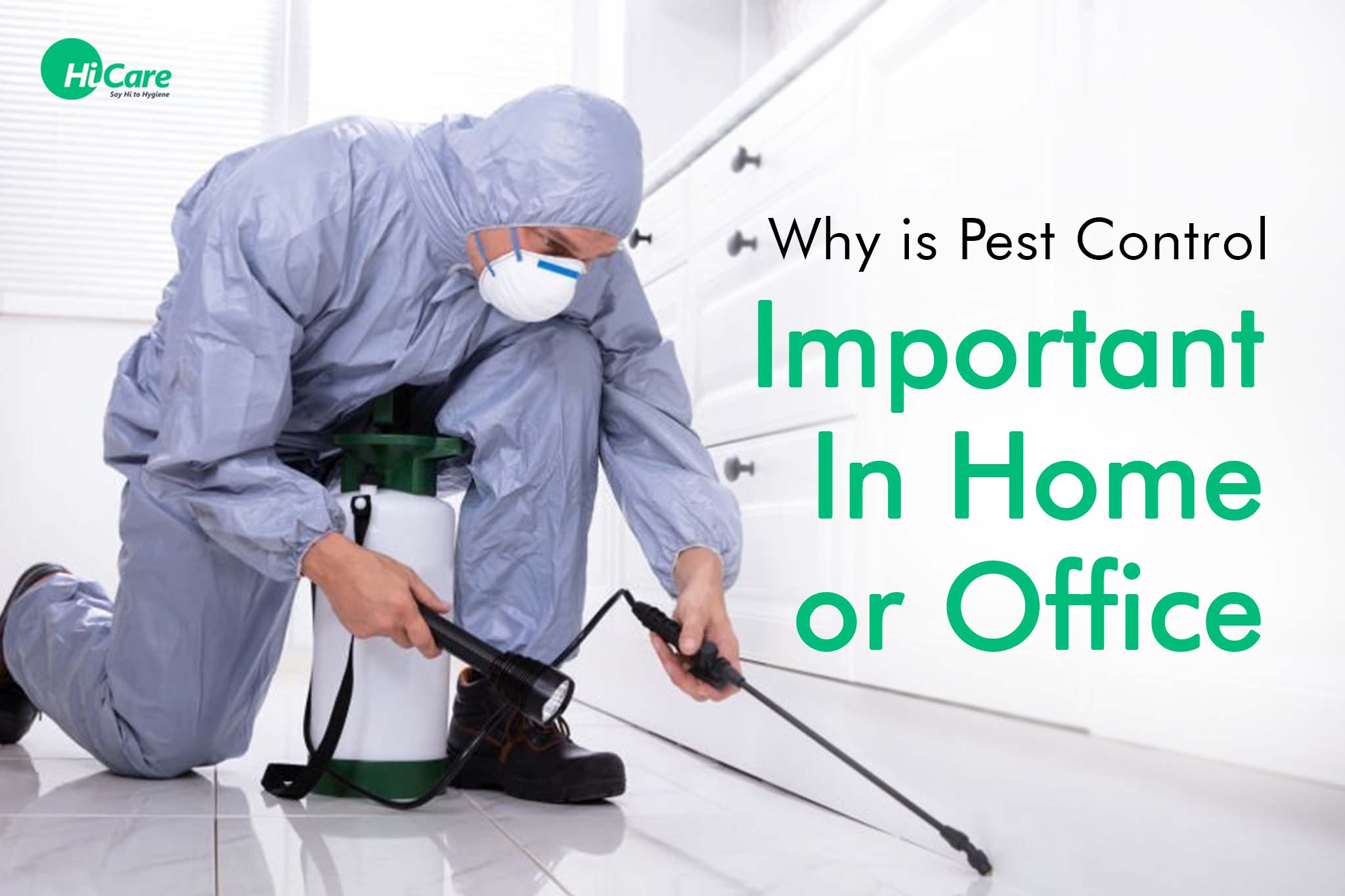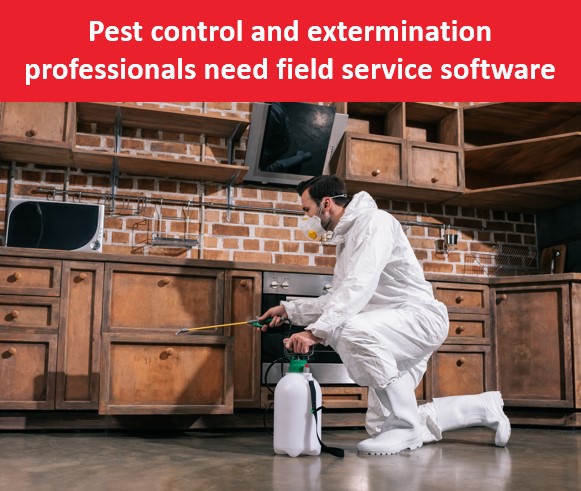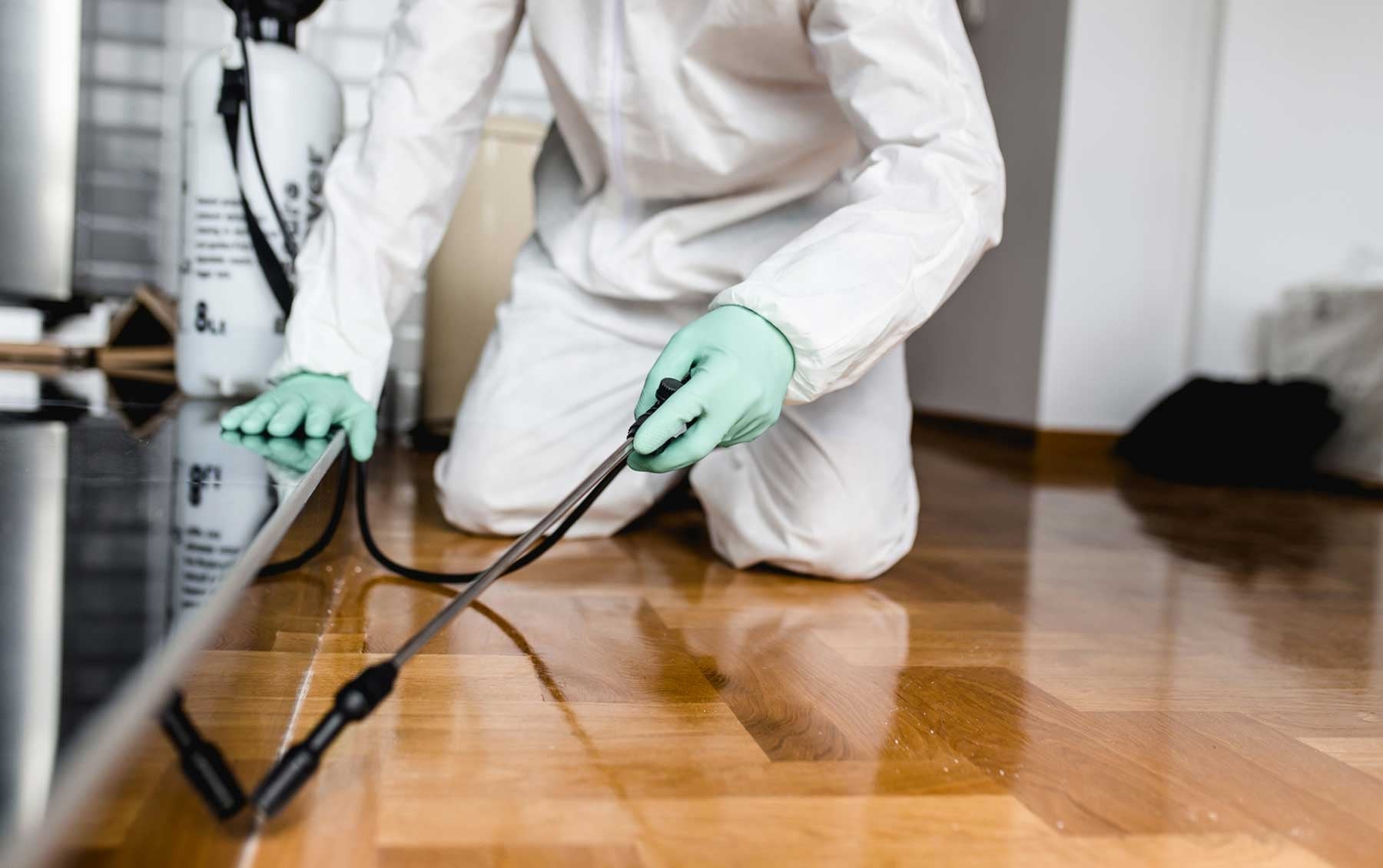Effective Coquitlam Pest Control Solutions for a Pest-Free Environment
Effective Coquitlam Pest Control Solutions for a Pest-Free Environment
Blog Article
Safe and Dependable Bug Control for Lasting Defense
Efficient parasite management needs a diverse strategy that stabilizes environmental stability with the demand for efficient parasite suppression. The nuances of these approaches might not be immediately clear, motivating a better assessment of the methods that can lead to sustainable insect control outcomes.
Recognizing Pest Control Techniques
Parasite control includes a variety of approaches aimed at managing and eliminating unwanted pests and rodents that can threaten both wellness and home. Understanding these methods is vital for efficient bug administration.
The primary classifications of bug control approaches include mechanical, organic, and chemical approaches. Mechanical approaches entail physical barriers and catches to stop bug entrance and capture unwanted types. Making use of displays on windows or utilizing sticky traps can dramatically reduce insect populaces without introducing harmful substances - exterminator coquitlam.

Chemical insect control is commonly one of the most identified approach, utilizing pesticides to get rid of pests. These chemicals can be efficient however have to be used with care to stay clear of adverse impacts on non-target types and the setting.
Advantages of Eco-Friendly Solutions
Just how can green remedies change insect control methods? The fostering of environmentally friendly parasite control approaches offers many advantages, substantially enhancing the performance and security of parasite management.

One more benefit is the favorable effect on neighborhood biodiversity. Environment-friendly remedies are created to target specific bugs while protecting valuable pests and wild animals, promoting a well balanced environment. This strategy straightens with the expanding customer need for sustainable practices, enhancing the reputation of pest control suppliers.
Integrated Parasite Administration Techniques
The application of eco-friendly services normally causes the adoption of Integrated Parasite Administration (IPM) strategies, which even more enhance bug control efficiency. IPM is an alternative strategy that combines numerous tactics to handle bug populaces while decreasing environmental impact. This approach highlights the use of organic, social, mechanical, and chemical controls, making certain a sustainable and well balanced approach of pest administration.
One basic facet of IPM is the comprehensive evaluation of pest activity and ecological conditions. By keeping track of pest populations and identifying their life cycles, specialists can carry out targeted interventions that disrupt the pest's environment or lifecycle, decreasing reliance on chemical pesticides. In addition, social techniques such as plant rotation and habitat manipulation can substantially diminish parasite establishment and recreation.
Another vital component is the usage of biological control agents, such as advantageous insects or microorganisms, which can naturally suppress insect populations. When chemical applications are essential, IPM focuses on using low-risk pesticides and applies them precisely, lessening exposure to non-target microorganisms and people.
Including IPM strategies not just boosts bug control effectiveness but also promotes a more secure ecosystem, straightening with the expanding need for sustainable practices in bug management.
Safe Practices for Property Owners
Recognizing the importance of risk-free techniques in bug control can equip home owners to successfully take care of bug issues while guarding their health and the environment. Carrying out precautionary measures and safe approaches is vital in minimizing exposure to harmful chemicals.
Homeowners need to first assess their atmosphere for conditions that attract parasites, such as standing clutter, water, and food waste. On a regular basis cleansing and securing entry factors can hinder parasites from invading the home. Using all-natural deterrents, such as important oils or diatomaceous earth, can offer efficient alternatives to chemical pesticides.
When chemical therapies are needed, home owners must choose items that are especially classified as secure for household use. It is necessary to follow application guidelines carefully to stay clear of too much exposure. Utilizing targeted therapies in locations where bugs are identified, rather than blanket splashing, can considerably lower chemical usage.
Last but not least, keeping open interaction with bug control specialists is important. House owners ought to ask safe rodent control about the safety and security of items utilized and demand environment-friendly choices whenever possible. By embracing these risk-free techniques, property owners can create a healthier living environment while properly handling bug issues.

Tips for Long-Term Defense
Establishing an insect administration approach that emphasizes long-term protection can substantially improve the performance image source of the safe practices previously discussed. To attain this, homeowners need to execute routine evaluations of their building, concentrating on hidden locations such as attic rooms, cellars, and crawl rooms. Early discovery of pest task is essential in avoiding infestations from taking hold.
Additionally, preserving a clean setting is important. This consists of appropriate food storage, quickly cleansing spills, and consistently throwing away trash. These techniques minimize attractants that attract bugs into the home. Securing access points, such as fractures around windows and doors, can properly block potential pest accessibility.
Landscaping should likewise be taken into consideration; maintaining plants trimmed and maintaining a range in between greenery and the home minimizes concealing spots for insects. Making use of all-natural deterrents, such as crucial oils or diatomaceous earth, can further inhibit invasions without considering rough chemicals.
Finally, working together with a specialist pest control solution for periodic examinations can offer an extra layer of security. These professionals can use customized recommendations and progressed treatments, making sure that your home continues to be safeguarded versus insects in the lengthy term.
Conclusion
To conclude, dependable and risk-free insect control requires a diverse method that stresses eco-friendly approaches and integrated parasite management. By carrying out all-natural deterrents, performing regular examinations, and maintaining correct cleanliness, homeowner can dramatically minimize parasite populaces while safeguarding useful bugs and the environment. Partnership with professional pest control solutions enhances the performance of these techniques, making sure customized options that offer enduring protection and peace of mind against future invasions.
Efficient bug management requires a complex strategy that balances ecological stability with the requirement for effective bug suppression. The adoption of eco-friendly pest control techniques supplies numerous advantages, considerably enhancing the effectiveness and safety of insect administration.The implementation of green options naturally leads to the adoption of Integrated Parasite Administration (IPM) techniques, which further improve parasite control efficacy. exterminator coquitlam. By checking parasite populaces and identifying their life cycles, practitioners can apply targeted treatments see this here that disrupt the pest's habitat or lifecycle, minimizing reliance on chemical pesticides.In final thought, safe and dependable insect control needs a diverse technique that stresses eco-friendly approaches and incorporated bug management
Report this page